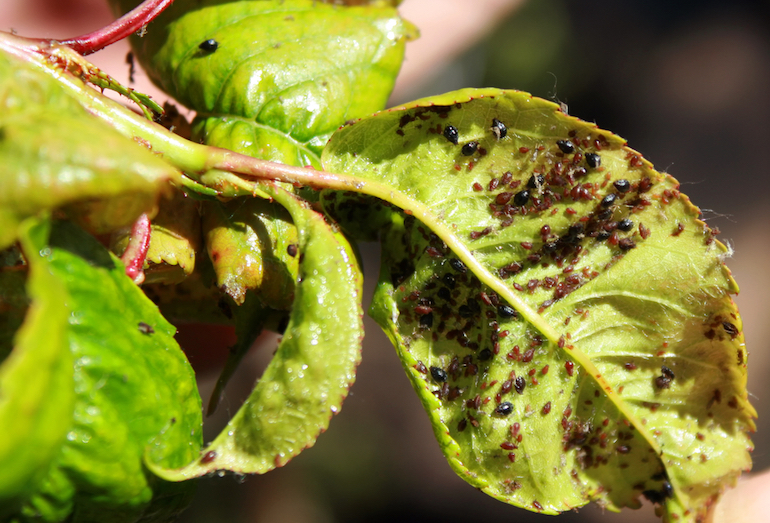Before we will put into trying to know whether biological pest control could be the response to this pest-control related environmental concerns, it'd be proper to give ourselves a little background information with this particular whole pest control business; to the benefit of people who might be encountering it for the initial moment.

Now, fleas are organisms (on average insects) which can be conducive to the interests of the men and women who refer to them therefore. Thus for farmers, the pests that infringe and eat their crops up (if in the areas or during storage), will be known pests. On the other hand, the'domestic insects' that tend to damage with things in domestic preferences (such as moths, that may mess up with materials in memory ), are seen as pests by housekeepers. Worth remember is that even though most pests are insects, there are also quite are number which can be non-insects: Together with famous brands rodents (that can mess up with crops in farms of things stored in domestic preferences ) being seen as insects too, the simple fact that they are not insects however.
Having seen that insects are benign, it would be natural that the people who happen to'fall prey' in their mind could want to get rid of them. Meanwhile, individuals who haven't yet fallen prey to pests would be keen to avert such a'fate.' Hosting pests, by the way, can be a serious fate: tens of thousands of hectares of farmland are known to be wasted by pests in a single day, leading to losses that often encounter hundreds of dollars. It is the actions taken to avoid pest invasion or to solve pest infestation whether it's already occurred, that are called constituting pest control.
Pest control takes various forms, depending on the pests you is hoping to do away with (or even to stop the intrusion of). And while bigger pests such as rodents might be manipulated through mechanical means like trapping, for a very long time period, it's compound control that's functioned to get the huge majority of insects, that often be insects as mentioned. The chemicals used in this endeavor are what are called pesticides. Although pesticides are normally quite helpful in pest-control, the drawback to them tends to come up whenever we consider the fact that they tend to be extremely environmentally friendly. Worth keeping in mind, now, may be the simple fact that the chemicals called pesticides are inclined to be very potent kinds. So it frequently happens that traces of these remain where they were used, even after the pests are gone. Those traces are finally washed down to the water bodies where they mess great havoc to the (non-pest ) plants and animals resident at the water bodies.
It is concern about the environmental effects of compound pest control that led to questions as to if an even more environmentally friendly friend way of controlling pests couldn't be grown. The ending result has been the exploration of choices such as the biological pest control, which we are trying to see whether it is really the response to concerns increased about (chemical- established ) pest control.
In biological pest-control, it's other organisms which are known to be predators to the people viewed as insect which can be determined by the said pests; eating them up and therefore resolving the pest problem. Thus if the troublesome insects are aphids, the other organisms that have been known to prey on aphids are introduced into the region in which the problem is, to feed on the aphids, rather than spraying an environmentally unfriendly compound.
The issue with biological pest control, however, is the fact that it is commonly of questionable efficiency. While chemical pest control has a tendency to be more thorough, leaving no insects or maybe traces of them, in pest control, that can not quite rest assured. Implementing biological pest control on a massive scale basis (for instance on a thousand hectare plantation) may also show to be a herculean job. Fundamentally, it is considerations like those which allow us continue thinking about more environmentally friendly pest control procedures.
mole removal Hertford is only because biological pest control, while absolutely being a strategy that addresses the ecological concerns increased about substance pest management, but it doesn't appear to become efficient (or scalable) enough, in most people people's viewpoint.
UNDER MAINTENANCE

